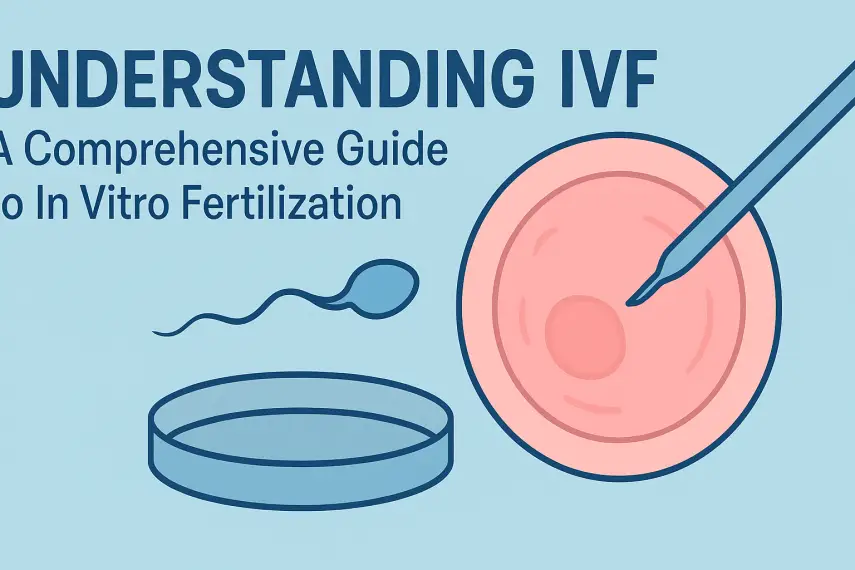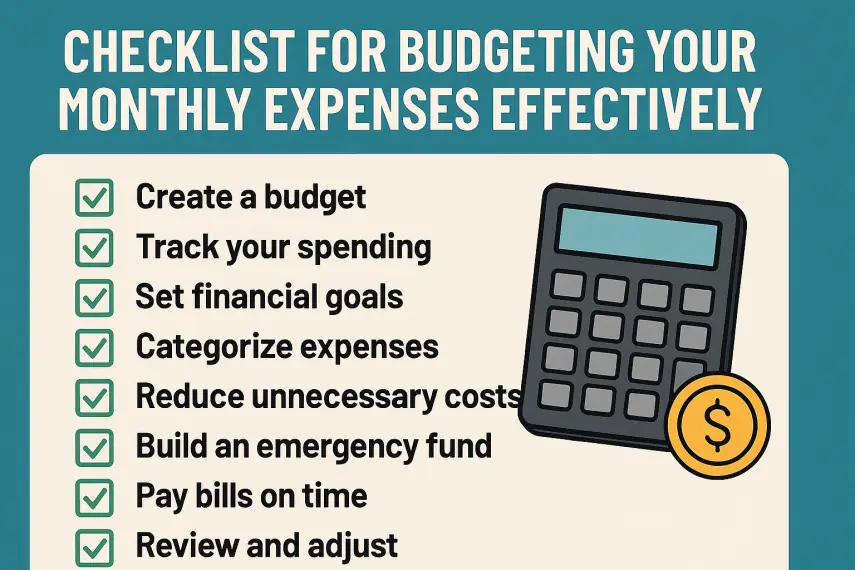
Comprehensive Guide to Pregnancy: Stages, Symptoms, and Care
📑 Contents
Comprehensive Guide to Pregnancy: Stages, Symptoms, and Care
Pregnancy is a transformative journey, filled with excitement, anticipation, and a range of physical and emotional changes. Understanding each stage, knowing what to expect, and learning how to care for yourself and your developing baby can help ensure a healthy and positive experience. This comprehensive guide covers the stages of pregnancy, common symptoms, essential prenatal care, nutrition, potential complications, and answers to frequently asked questions.
Understanding the Stages of Pregnancy

Pregnancy is typically divided into three trimesters, each lasting about 12–14 weeks. Each stage brings unique developments and changes for both the mother and the baby.
First Trimester (Weeks 1–12)
- Key Developments: Fertilization, implantation, and the formation of major organs.
- Common Symptoms: Nausea, fatigue, breast tenderness, and frequent urination.
- Important Actions: Begin prenatal vitamins, schedule your first prenatal visit, and adopt healthy lifestyle habits.
Second Trimester (Weeks 13–26)
- Key Developments: Rapid fetal growth, development of facial features, and movement (quickening).
- Common Symptoms: Reduced nausea, increased energy, round ligament pain, and visible baby bump.
- Important Actions: Monitor fetal movements, attend regular check-ups, and consider prenatal classes.
Third Trimester (Weeks 27–40)
- Key Developments: Final maturation of organs, significant weight gain, and preparation for birth.
- Common Symptoms: Back pain, swelling, Braxton Hicks contractions, and frequent urination.
- Important Actions: Finalize birth plan, pack hospital bag, and stay in close contact with your healthcare provider.
Common Pregnancy Symptoms

While every pregnancy is unique, there are several symptoms that many women experience. The table below summarizes some of the most common symptoms and when they are likely to occur:
| Symptom | Typical Onset | Description | Management Tips |
|---|---|---|---|
| Nausea & Vomiting | Weeks 4–14 | Often called "morning sickness," can occur any time of day. | Eat small, frequent meals; avoid triggers; stay hydrated. |
| Fatigue | Weeks 4–12, late pregnancy | Extreme tiredness, especially in the first trimester. | Rest when possible; maintain a balanced diet. |
| Breast Changes | Weeks 4–6 | Tenderness, swelling, darkening areolas. | Wear supportive bras; avoid caffeine if sensitive. |
| Frequent Urination | Throughout pregnancy | Increased pressure on the bladder. | Stay hydrated; avoid caffeine; empty bladder fully. |
| Back Pain | Second & third trimesters | Due to weight gain and posture changes. | Practice good posture; use support pillows; moderate exercise. |
| Swelling (Edema) | Third trimester | Swelling of feet, ankles, hands. | Elevate legs; stay hydrated; avoid standing for long periods. |
Essential Prenatal Care

Prenatal care is crucial for monitoring the health of both mother and baby. Regular check-ups allow healthcare providers to detect and address any potential issues early. Here’s what to expect during prenatal visits:
- Initial Visit: Comprehensive health history, blood tests, urine tests, and confirmation of pregnancy.
- Ongoing Visits: Monitoring blood pressure, weight, fetal growth, and heartbeat. Screening for gestational diabetes and anemia.
- Imaging: Ultrasound scans to check fetal development and screen for abnormalities.
- Vaccinations: Influenza and Tdap vaccines are recommended during pregnancy.
- Education: Guidance on nutrition, exercise, and preparing for labor and delivery.
Nutrition and Lifestyle During Pregnancy
Maintaining a nutritious diet and healthy lifestyle is essential for the well-being of both mother and baby. Here are key recommendations:
Dietary Guidelines
- Eat a variety of fruits, vegetables, whole grains, lean proteins, and dairy products.
- Increase caloric intake by about 300 calories per day in the second and third trimesters.
- Take prenatal vitamins containing folic acid, iron, calcium, and DHA.
- Stay hydrated—aim for 8–10 glasses of water daily.
- Avoid high-mercury fish, unpasteurized dairy, and raw or undercooked meats.
Healthy Habits
- Engage in moderate exercise (e.g., walking, swimming, prenatal yoga) with your provider’s approval.
- Avoid alcohol, smoking, and recreational drugs.
- Get plenty of rest and practice stress management techniques.
Common Pregnancy Complications
Most pregnancies progress without major issues, but complications can occur. Early detection and management are key. Some of the most common complications include:
- Gestational Diabetes: High blood sugar during pregnancy; managed with diet, exercise, and sometimes medication.
- Preeclampsia: High blood pressure and protein in urine; can lead to serious complications if untreated.
- Preterm Labor: Labor before 37 weeks; may require medication and bed rest.
- Placenta Previa: Placenta covers the cervix, potentially requiring a cesarean delivery.
- Miscarriage: Loss of pregnancy before 20 weeks; risk factors include age, health conditions, and lifestyle factors.
It’s important to attend all prenatal appointments and report any unusual symptoms, such as severe headaches, vision changes, abdominal pain, or significant swelling, to your healthcare provider immediately.
Preparing for Labor and Delivery
As your due date approaches, preparation can help ease anxiety and ensure a smoother labor experience:
- Birth Plan: Discuss your preferences for labor, pain management, and newborn care with your provider.
- Pack a Hospital Bag: Include essentials for you, your partner, and your baby.
- Know the Signs: Learn the signs of labor, such as regular contractions, water breaking, and lower back pain.
- Arrange Support: Identify who will accompany you during labor and arrange for help at home after delivery.
Frequently Asked Questions (FAQs)
1. How soon should I see a doctor after a positive pregnancy test?
It's best to schedule your first prenatal appointment as soon as you confirm your pregnancy, ideally within the first 8 weeks. Early care helps ensure a healthy start for both mother and baby.
2. What foods should I avoid during pregnancy?
Avoid high-mercury fish (like shark and swordfish), unpasteurized dairy, raw or undercooked meats, deli meats (unless heated), and excessive caffeine. Always wash fruits and vegetables thoroughly.
3. Is exercise safe during pregnancy?
In most cases, moderate exercise is safe and beneficial during pregnancy. Activities like walking, swimming, and prenatal yoga are generally recommended, but always consult your healthcare provider before starting any new routine.
4. What are warning signs that require immediate medical attention?
Contact your healthcare provider or go to the emergency room if you experience heavy bleeding, severe abdominal pain, persistent headaches, vision changes, or sudden swelling of the face and hands.
5. Can I continue working during pregnancy?
Most women can continue working during pregnancy, but adjustments may be necessary depending on your job and how you’re feeling. Discuss any concerns with your healthcare provider.
Summary
Pregnancy is a remarkable journey that requires attentive care and informed decision-making. By understanding the stages, recognizing common symptoms, following prenatal care guidelines, maintaining a healthy lifestyle, and preparing for labor, you can help ensure the best possible outcome for you and your baby. Always maintain open communication with your healthcare provider and seek support as needed throughout your pregnancy.











